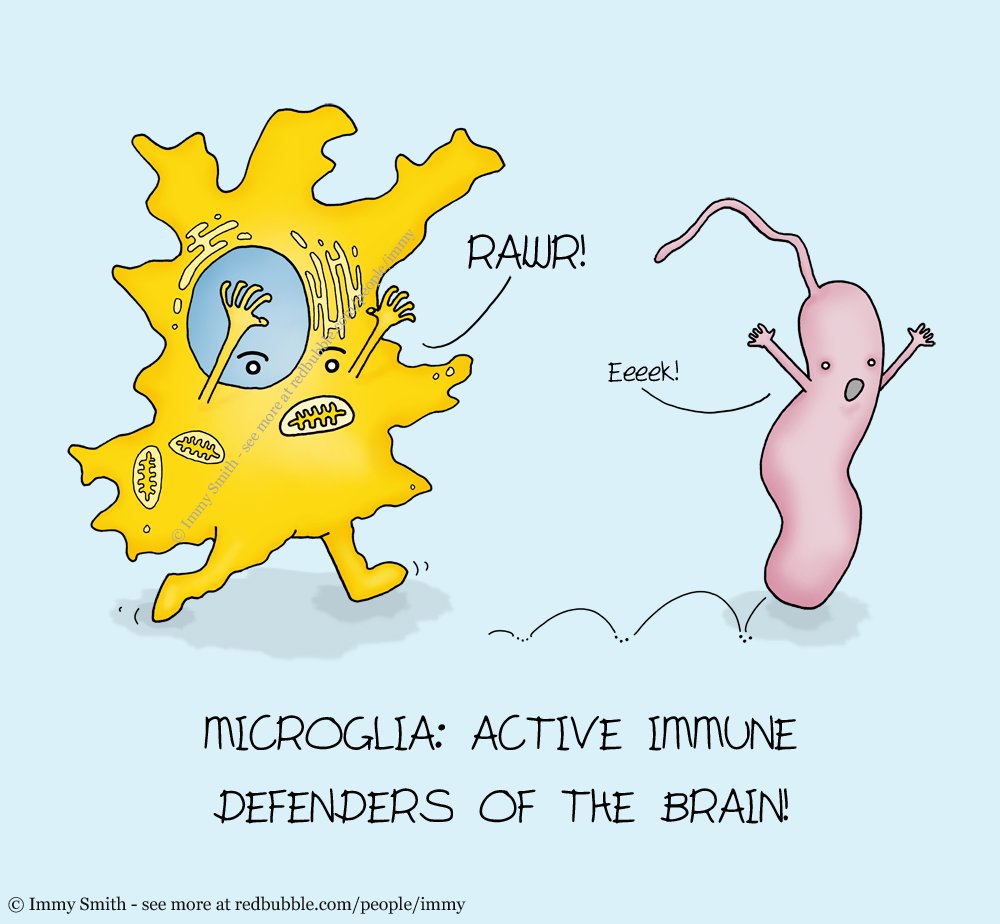
Thinking that immune memory is an exclusive feature of adaptive immunity is a common mistake, and recent evidences strongly indicates that the innate branch of our immune system is just as able to react adaptively to repeated stimuli, displaying a de facto innate immune memory. The molecular mechanism behind the ability of innate immune cells to be “trained” to act differentially to occasional or sustained stimuli resides in epigenetic modifications that are induced by imprinting signals that alter subsequent immune responses. Since innate immune cells are pivotal in inflammatory homeostasis in periphery as well as in the central nervous system (CNS) where they are involved in the modulation of neuronal functions, Ann-Christin Weldeln and colleagues, addressed an important question: is innate immune memory is involved in neuropathological alterations?

